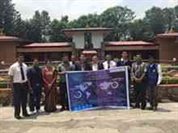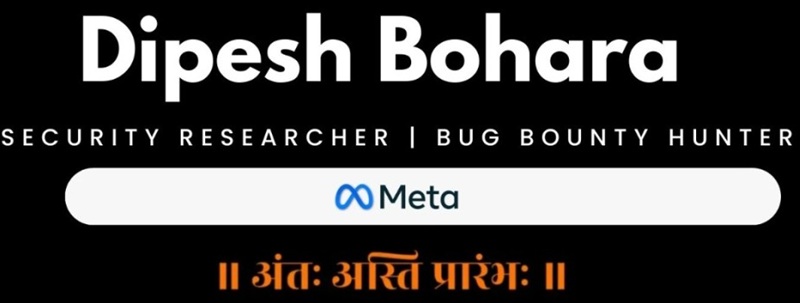Developing Cyber Security Framework For Nepal, CSI International
The program was organized successfully in the program hall of Sainik Awasiya Mahavidyalaya with a very significant participant turnout of 295 students.
The school’s principal Mr. Shamim Anwar Shamim delivered the opening speech for the program. He praised the efforts of Cyber Security International Nepal to raise awareness about cybersecurity threats and challenges deeming an issued not to be ignored by students.
Mr. Biplav Man Singh, Chairman of Nepal Certifying Company, was invited as special guest in the program. He discussed the way the Internet has taken its place in our lives and the extent to which it has eased up our lifestyle. He added that though the Internet has proven to be advantageous in today’s world, it also comes with a flip side. Mr. Singh cited the lack of awareness about the negative aspects of the Internet as the catalyst in ever-increasing cases of cybercrime.
The Founder of Cyber Security International, Nepal Mr. Chiranjibi Adhikari shared his views on the need to be cyber-literate in today’s age. With the development of the cyberspace, various negative factors of it have also come up. He referred to students being most vulnerable to exploitation through the Internet and highlighted the need for such awareness.
Dr. Ramhari Subedi then delivered a compelling presentation on Developing Cyber Security Framework for Nepal.
The presentation was very informative and illustrative as Dr. Subedi brought up real-life cases and incidents as well during his explanation. His inclusion of facts and figures related to cybercrime, hacking, website compromises and so on were pretty intriguing for the students as they were able to gain new knowledge. He also explained facets of social media and how we can secure ourselves in it. He termed awareness as the first line of defense and urged everyone to take cybersecurity threats as the real issue and start keeping it in a priority list. He outlined the present reality of people being glued to their smartphones and the Internet, creating and unsocial environment and called for a change in this situation to start from the students.
DSP Pashupati Raya from Nepal Police Crime Investigation Bureau also took a short session with the students. He came up with more practical implications of misuse of the cyberspace citing its consequences a culprit can face. He also presented many real cases where people have got into trouble unknowingly. He informed that social media is the sector in which almost 90% of the cybercrime incidents take place in Nepal. So, DSP Raya urged the students to be aware of sharing information in social media and be careful about using the cyberspace.
Feedback:
The students were enthusiastic throughout the program, expressing their excitement of being a part of such a program. They were quite interactive in the application showing their agreement to various ideas and knowledge shared by the experts. The teachers of Computer Science in the school were also present in the program, terming it as a new, successful and very productive session in informing students about cybersecurity. The college administration also expressed willingness to organize a few more meetings from CSI Nepal shortly.







